P C Barua
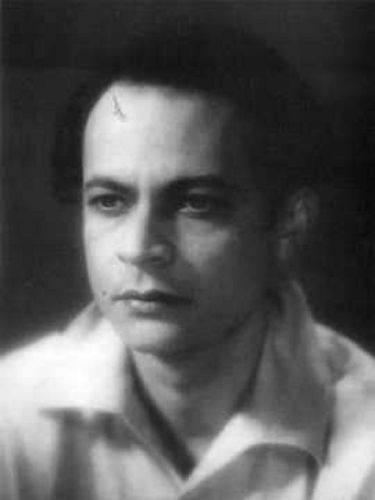
Subscribe to read full article
This section is for paid subscribers only. Our subscription is only $37/- for one full year.
You get unlimited access to all paid section and features on the website with this subscription.
Not ready for a full subscription?
You can access this article for $2 , and have it saved to your account for one year.
- Real Name: Pramathesh Chandra Barua
- Born: 24 October, 1903 (Assam)
- Died: 29 November, 1951 (Calcutta)
- Primary Cinema: Bengali
- Parents: Raja Prabhatchand Barua, Rani Sarojbala Devi
- Spouse: Jamuna Barua , Madhurilata, Amala Devi
- Children: Deb Kumar Barua, Rajat Barua, Prasun Barua
The tormented character of Devdas has been adapted for the Indian film screen numerous times, in all manners and methods. And yet, the one most revered for its cultivated and perceptive depiction of the wounded lover was the portrayal by P C Barua in his adaptation, Devdas (1935), of the famous novel by Sharat Chandra Chattopadhyay.
The unfading impact of his enigmatic personality extended well beyond his time, as even today P C Barua is highly regarded as one of the most distinguished actors and directors that ever graced dominated the silver screen. His creative spirit and vision were an inspiration even to the contemporary artists of his time, including major cinema stalwarts like Bimal Roy, Guru Dutt, Dhirendranath Ganguly, Debaki Kumar Bose, K L Saigal and many more.
Pramathesh Chandra Barua was the eldest son of Raja Prabhat Chandra Barua, and was brought up within an imperial regal atmosphere, learning horse-riding and big-game hunting in his childhood. A remarkably gifted child, he was sent to the prestigious Hare School in Kolkata, after which he graduated from the Presidency College in 1924 and travelled to Europe in 1926 to further explore his fascination with films. In Europe, P C Barua became a witness to the prolific work of filmmakers like Ernst Lubitsch and René Clair and upon his return to Kolkata, he invested in British Dominion Films, a production venture by Dhiren Ganguly. He also acted in a few of his films before returning to London, where he studied the nuances of modern film production at Elstree Studios.
With the release of Aparadhi (1931), P C Barua was credited with the making of the first Calcutta production with the use of artificial lights, under his production studio called the Barua Pictures Ltd. The movie was directed by Debaki Bose and starred P C Barua as well. He was also cast as the villain in Ganguly’s Bhagyalaxmi (1932). However, it was the production of Devdas in 1935 by New Theatres Ltd., that catapulted hims to success as both an actor and a significant director of the Indian film industry.
The film was first made in Bengali and then re-made in Hindi, starring K L Saigal in the lead role. A national sensation upon release, P C Barua’s interpretation of the fragmented characters of the novel was borrowed unmilled and narrated with such repose, which was previously unheard-of Indian cinema. The sophisticated tempering of all dramatic motif invited the audience to experience the torment of the film’s characters closely, and established P C Barua as a pioneer for mastering the visual medium of story-telling. The film also led to his marriage to Jamuna Barua, who played the role of Paro.
Over the next two decades, he went on to lend his genius to myriad films, such as Grihadah/ Manzil (1936), Mukti (1937), Adhikar (1938), Rajat Jayanti (1939), Zindagi (1940), Shesh Uttar/ Jawab (1943) and many more. The actor-director often dealt with the intimate complexities of human nature, and explored the dissimilitude of existence through his films, by rooting his plots in contrasting settings like urban vs poor and modern vs traditional. He was an extremely melancholic and receptive individual, with a consistently troubling personal life.
It was perhaps fated then, that the character he most identified with came to be so closely resonant with this own life. In the late 1940s, his health began to decline rapidly due to chronic drinking habits and he passed away in the year 1951. Despite a tumultuous life, P C Barua’s legacy remains unfazed by the pangs of time, with his work imprinted within the heritage of Indian cinematic history.
References
1. Encyclopaedia of Indian Cinema. Ed. Ashish Rajadhyaksha and Paul Willemen. Oxford University Press. New Delhi. 1999.
2. P. C. BARUA – Legends of Indian Cinema. Shoma A. Chatterjee. Wisdom Tree Publishers. New Delhi. 2008.
3. P C Barua. Karan Bali. Upperstall: A Better View of Cinema. Website. 2016.
4. Contribution of Gauripur zamindar Raja Prabhat Chandra Barua: - A historical analysis. Rabindra Das. IOSR Journal of Humanities and Social Science (IOSR-JHSS); Volume 19 Issue 1 – Pp 56-60. 2014. PDF.
-
Filmography (10)
SortRole
-

Ranee 1943
-
Shesh Uttar 1942
-

Jawab 1942
-
Rajat Jayanti 1939
-

Adhikar 1938
-
Mukti 1937
-
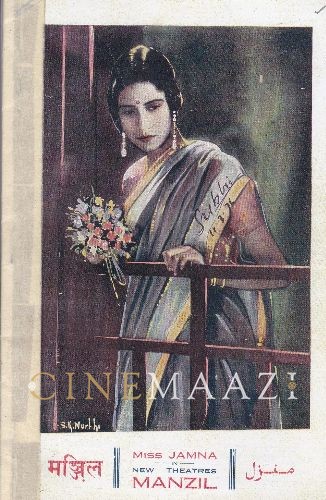
Manzil 1936
-
Grihadaha 1936
-

Devdas 1935
-
Rooplekha 1934
-



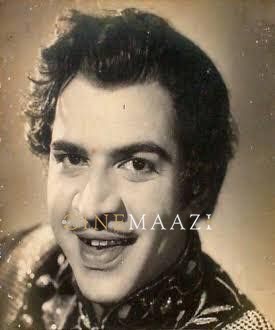
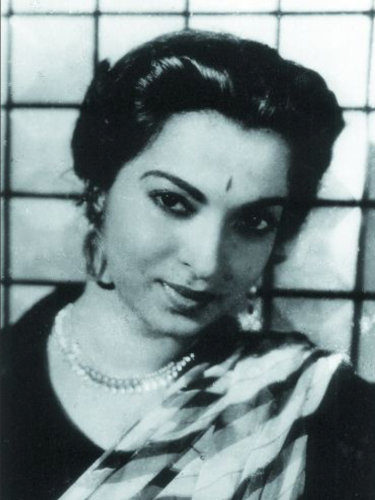
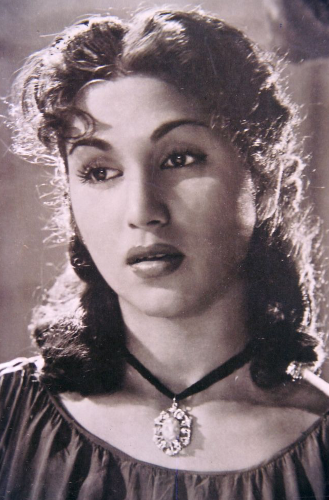
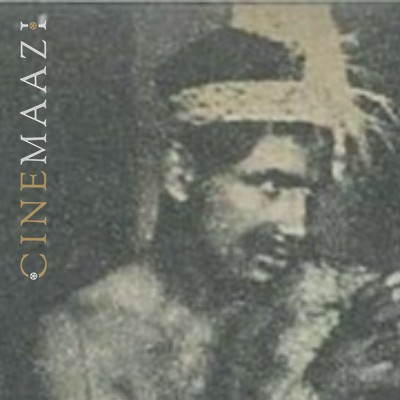
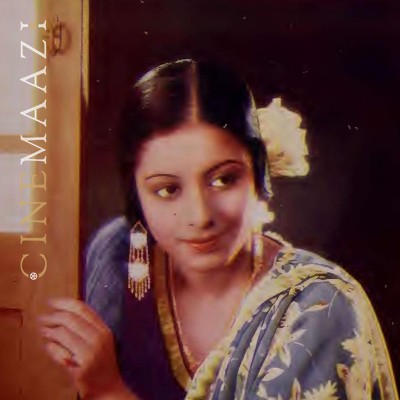

.jpg)



